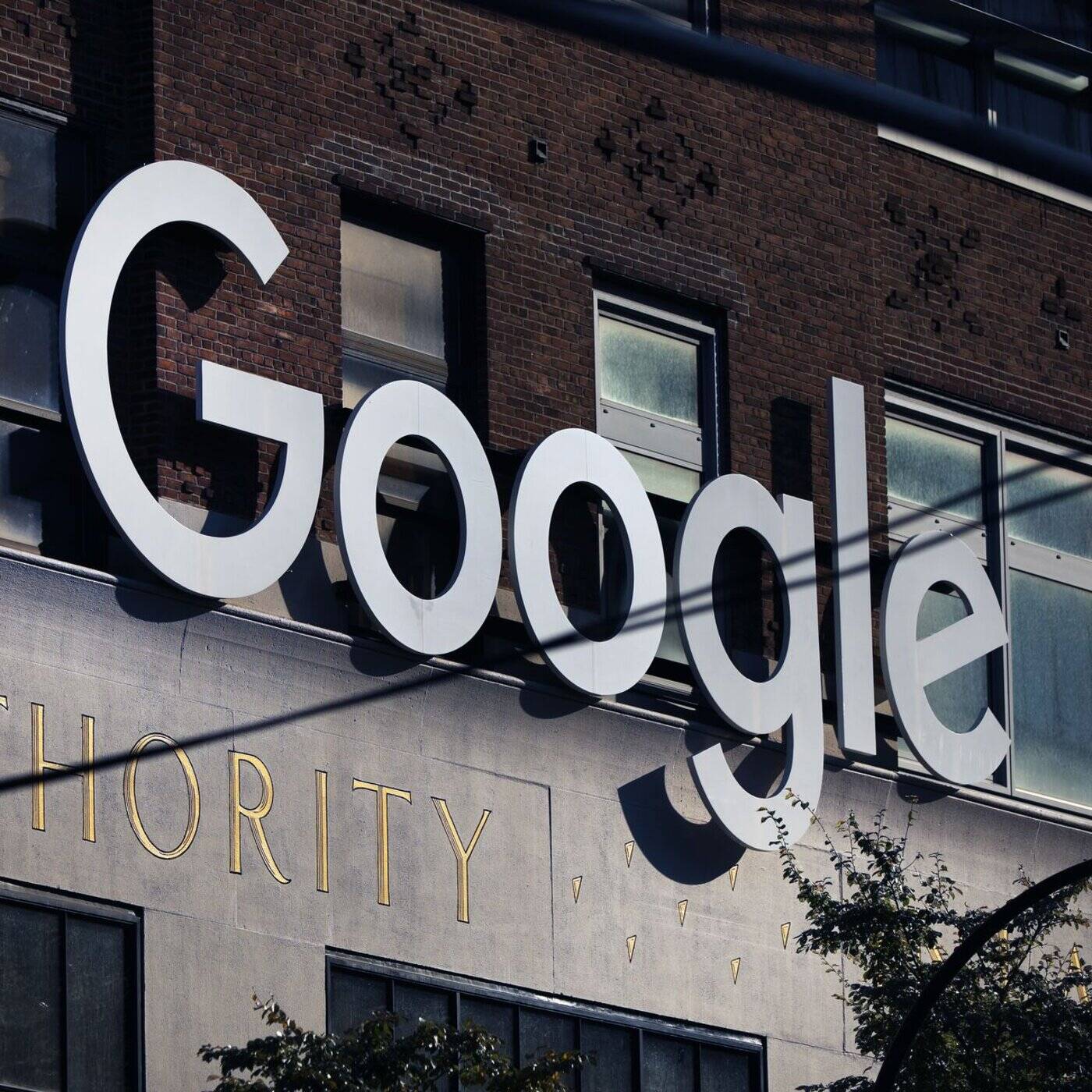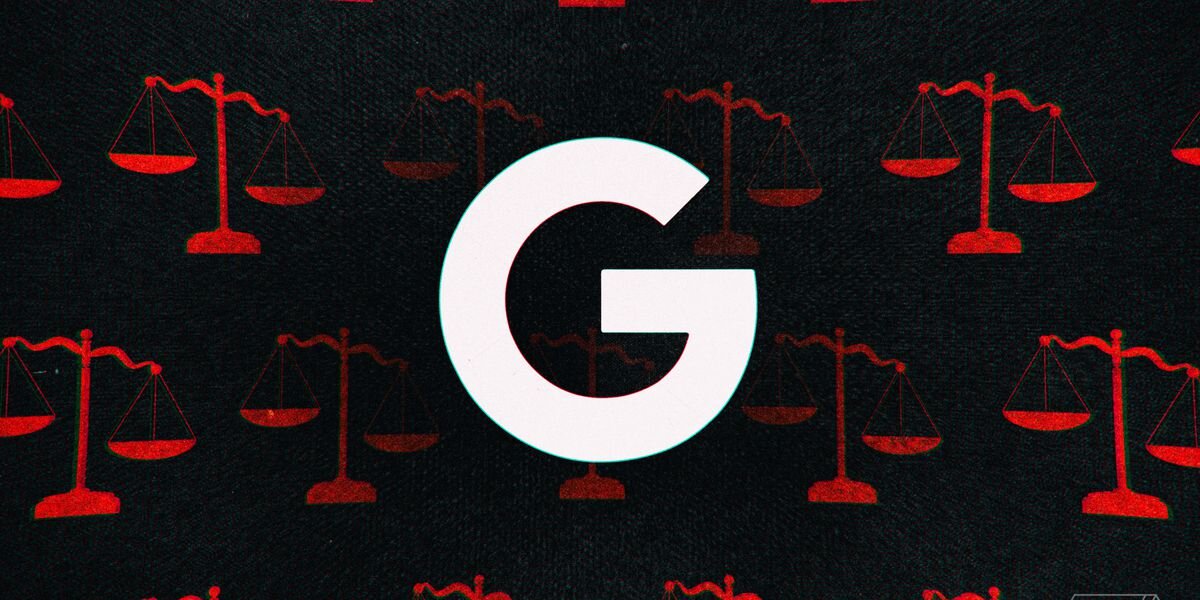
Google and antitrust laws: Everything to know about the new lawsuit
Google is so popular it’s become a verb. It’s the preferred search engine for almost everybody and is the default on every device. Google has dominated the market for many years and its new business deal will make sure it stays that way.
According to The New York Post, Google’s current contract with Apple is worth billions of dollars. Recently, the tech giant became the default search engine on Androids – the most-used smartphone operating system.
The partnership is the subject of a new antitrust lawsuit. Antitrust is confusing because there are a few criteria the government needs to prove to win a case. So what are antitrust laws, and what did Google do wrong?

What did Google do?
Google recently reached a deal with Android to make Google the default search engine on all the smartphones running the operating system. Android is the operating system on Google’s smartphone and other companies like Samsung & Motorola.
It seems like a small move, but considering Android is the most used operating system and the last one to not default to Google – it’s a big deal. According to CNN, 92.2% of people use Google, and almost three-quarters use Android phones. Android and Google’s new partnership is what triggered an investigation by the Department of Justice and their subsequent antitrust lawsuit.

What are antitrust laws?
Antitrust laws were put in place to prevent monopolies from dominating the marketplace. They’re supposed to maintain competition in the economy. The U.S. is one of the few countries where antitrust laws are settled in the courts instead of through regulatory agencies.
According to vice president and general counsel of NetChoice Carl Szabo, “Antitrust law requires proving three key elements: The first is market power. The second is abuse of market power. And the third is consumer harm.”

According to CNN, judges appointed by both political parties have adopted the philosophy: monopolies aren’t inherently illegal as long as consumers are benefitting, and the market is operating efficiently. The most important part of antitrust is preventing consumer harm. It shouldn’t matter how big the company as long as they aren’t abusing their customers.
The courts have two actions when it comes to antitrust laws. They can either approve or deny deals like mergers (i.e., Disney & Fox) or partnerships like Google & Android. Their last course of action is they can break up companies. An example is Paramount Pictures in 1948, which prevented studios from owning their own theaters, leading to the downfall of the studio system during the Golden Age of Hollywood.

The federal government’s case
The federal government’s antitrust lawsuit against Google is the biggest challenge to big tech in twenty-two years. In a statement, Attorney General William Barr explained: “The 16-month investigation found that Google used its ‘monopoly power,’ as well as ‘billions in monopoly profits’ to ensure its spot at the top of the food chain.”
The main argument is no one can challenge Google. According to Barr, “the lack of competition harms users, advertisers, and small businesses in the form of fewer choices.” In theory, the result can reduce quality, lead to higher advertising prices, and less innovation.

Google’s argument
According to Google’s chief legal officer Kent Walker, the lawsuit is “deeply flawed.” In a conference call with reporters, representatives for Google noted the lawsuit has no mention of specific allegations of harming consumers.
Google argues the business move is giving what the public wants. Walker also added, “[the lawsuit] would artificially prop up lower-quality search alternatives, raise phone prices, and make it harder for people to get the search services they want to use.”
—
According to The Guardian, a court date hasn’t been set yet, but U.S. district judge Amit Mehta is assigned to the case. Financial analyst Dave Heger added, “The lawsuit will likely take years to be argued in court, and at this stage, the [Department of Justice] is not proposing any extreme remedial action, such as breaking apart the company.”







